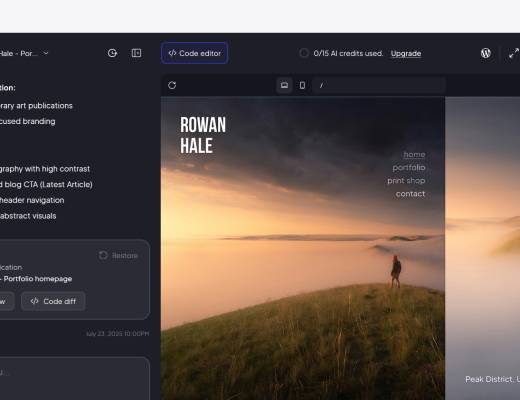
Your leaders carry your organization. They motivate and direct others and set a good example for other team members. Similarly, it pays long-term benefits to reward and reinforce the outstanding leadership performance of your best team members. When you do, your top performers will be more likely to repeat that behavior in the future. As an added bonus, you’ll inspire other people within your company to do the same.
Rewarding effective leadership sends a strong, unmistakable message to everyone in your company. But what are some of the best ways to reward and reinforce strong leadership performance?
Previous Post






